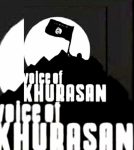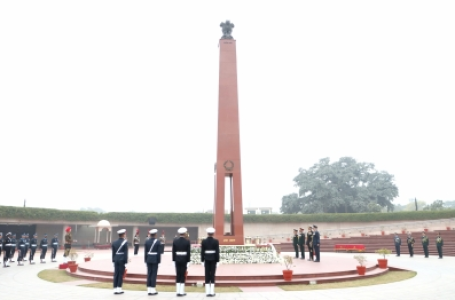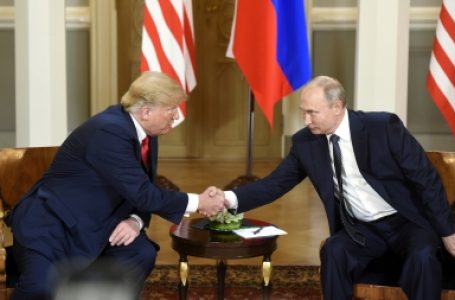Feb 14, 2021
New Delhi: In a country where politicians rarely write memoirs – either to recall the details of their life or comment on the politics they were a part of – an autobiography by a recent vice president is a very welcome development. However, what makes Hamid Ansari’s book truly special is the candour and, at times, outspokenness with which he has written of the prevailing state of affairs. He was vice president for the first three years of the present Prime Minister’s tenure and it’s only three more since his term ended. Consequently his book is not just relevant but also topical. Additionally, ‘By Many A Happy Accident’ touches on many troubling aspects of Modi’s India that others have been reluctant to write about. So it’s unlikely to be universally applauded.
Let’s start with Ansari’s view of the 2019 election which, I believe, he sees as the real turning point and not 2014. He says it represents “The success of populism … assisted by authoritarianism, nationalism and majoritarianism”. This is both bold and unvarnished but, in fact, he is a lot more explicit when he analyses the outcome.
Today we have “a version of nationalism that places cultural commitments at its core and promotes intolerance and arrogant patriotism”. It has “take(n) over the political and cultural landscape”. It’s left the country with “an increasingly fragile national ego that threatens to rule out any dissent however innocent”. The term Ansari uses to sum this up is particularly telling: “hyper-nationalism”.
If you read his book carefully you will discover he also identifies the deeper consequences of such hyper-nationalism. First, it’s created “a subversion of core values”. The most worrying, perhaps, is that “the term secularism itself has almost disappeared from the government’s official vocabulary”. In its place, he says, “the politico-ideological effort now (is) to superimpose … the primacy of a religious majority.”
Ansari’s language is always careful and correct. He is not given to colourful adjectives or exaggerated suggestions. Yet it’s not difficult to tease out his real meaning, even if he hasn’t expressed it in so many words. From a secular country we’re increasingly becoming a hindu country.
There are two other consequences that Ansari identifies. “Our commitment to the Rule of Law seems to be under serious threat, arising out of the noticeable decline in the efficacy of the institutions of state.” Instead, we have lapsed into “arbitrary decision-making and even …. mob rule.” And he doesn’t shy away from blaming the judiciary although he does so delicately. “The approach of the superior judiciary … does little credit to an iconic institution and damages public confidence”.
The second consequence is more worrying. Ansari writes: “The fault lines in our society are visible.” He says “enforced homogenisation” and “a simplistic or motivated reading of our history” is “being attempted in a social milieu traditionally enriched by its diversity between communities and within them”. It seems he’s suggesting cultural nationalism could end up making India fragile. Unfortunately, he doesn’t say more. But did he need to? Surely, as a warning, this is enough?
So is Ansari apprehensive about the future of India? He doesn’t answer the question directly but the reasons why he might be have been clearly expressed. And yet there is a sentence in his last chapter – in fact, on the penultimate page – that suggests the light at the end of the tunnel is still glowing and could prove difficult to dim. “Strident nationalism and its illusory gains premised on falsehoods can also not be long-lasting”. As I read those words I thought I could also hear his voice, gently but reassuringly, say: “This too will pass”.
But when? Will it be in my lifetime? Or is salvation a fruit that will only ripen for later generations to enjoy? And by then how much damage will have been done?
I draw comfort from the fact the India I love will rise again but I’m saddened by the thought I might not be part of it.IANS













